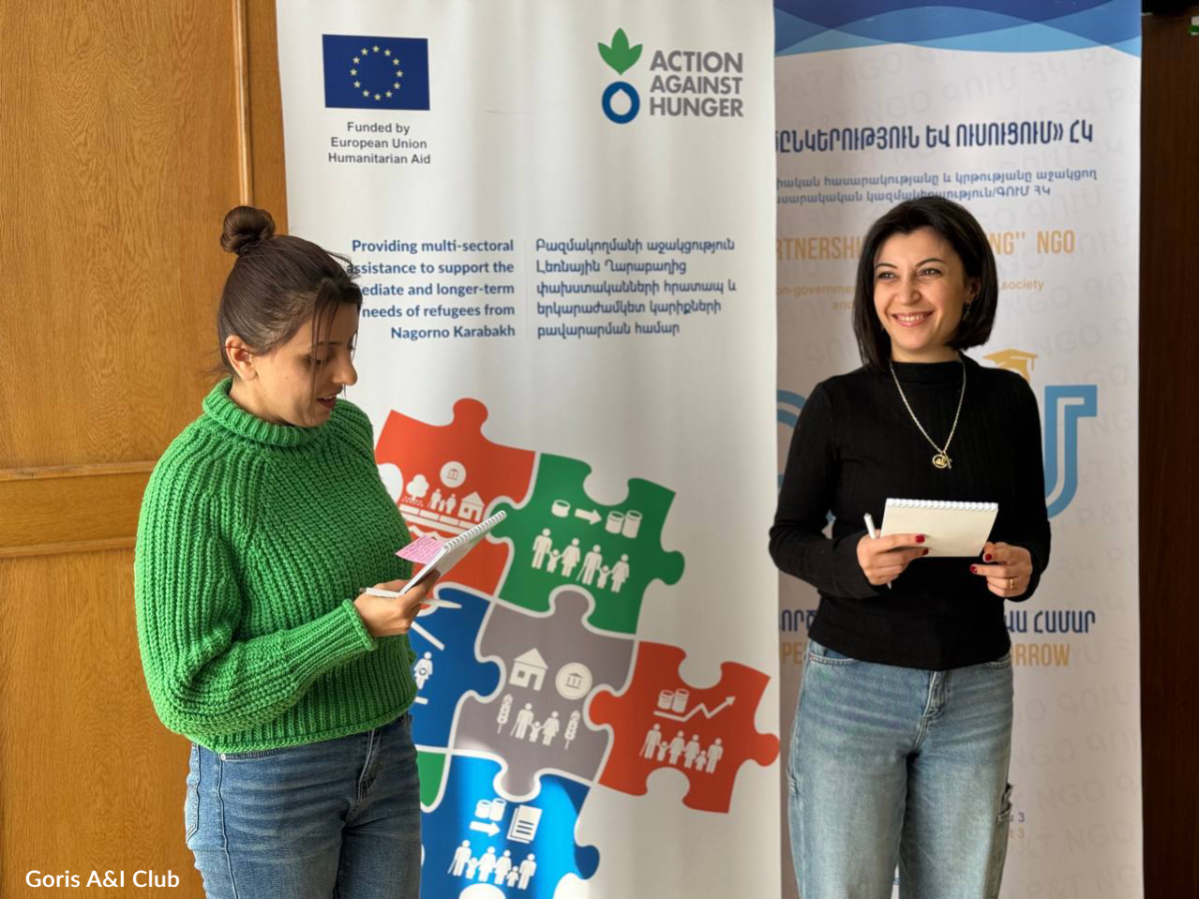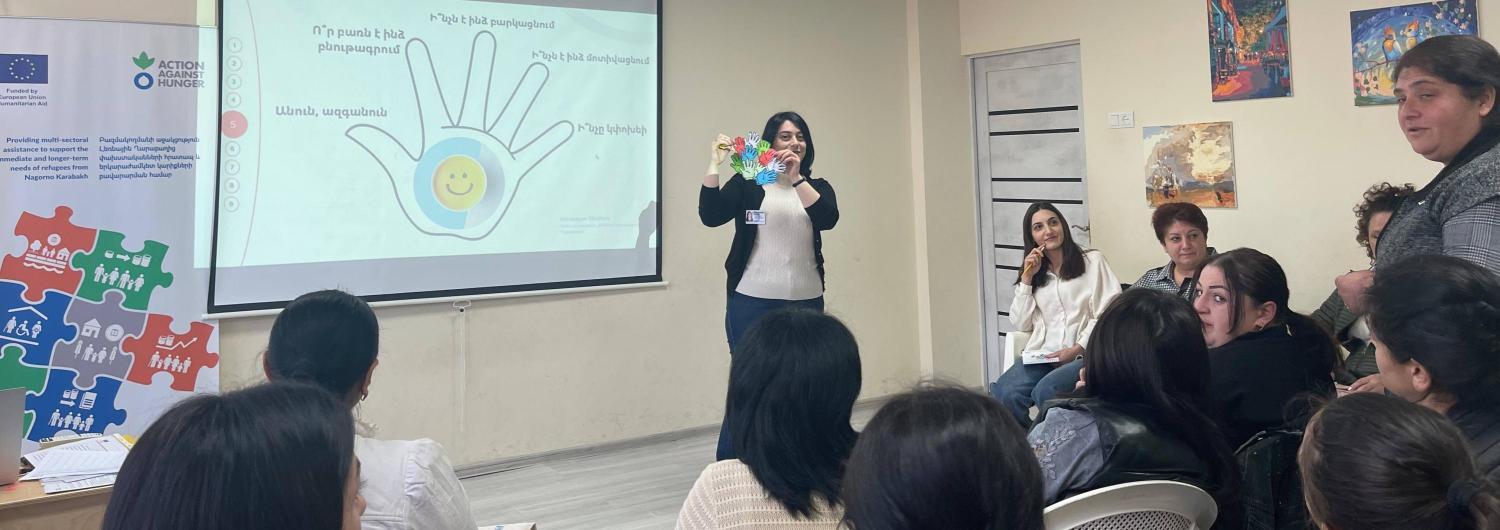

Refugees from Nagorno Karabakh supported by EU to build employability and entrepreneurial skills
In early and mid-March, Action Against Hunger South Caucasus, together with its partners, Mission Armenia and Partnership and Teaching established and launched five “Adaptation and Integration Clubs” (A&I Clubs) under the project “Providing multi-sector assistance to support the immediate and longer-term needs of refugees from Nagorno Karabakh” funded by the European Union. These clubs are operating in Mission Armenia centres in Nor Nork and Shengavit in Yerevan and Hrazdan, Kotayk province and Artashat, Ararat province, and in Partnership & Teaching’s centre in Goris, Syunik.
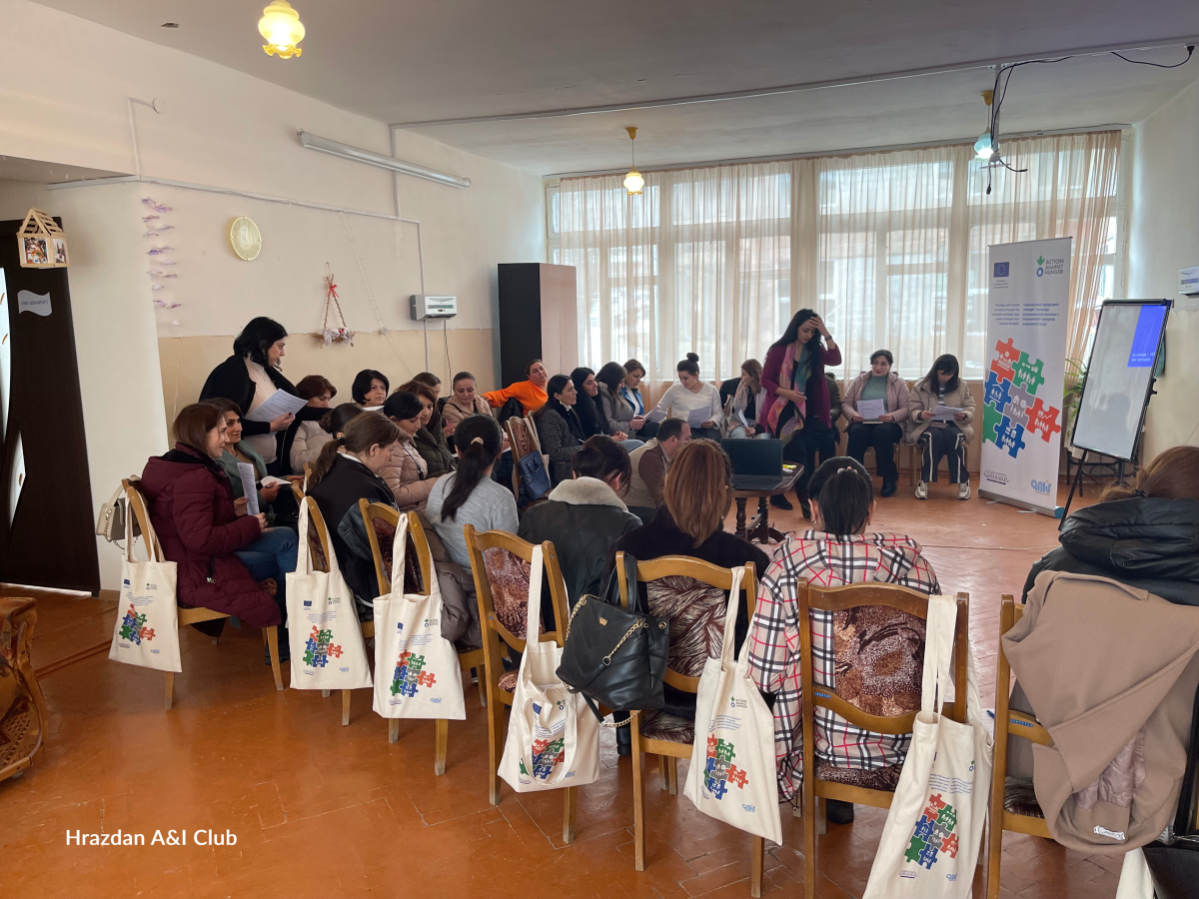
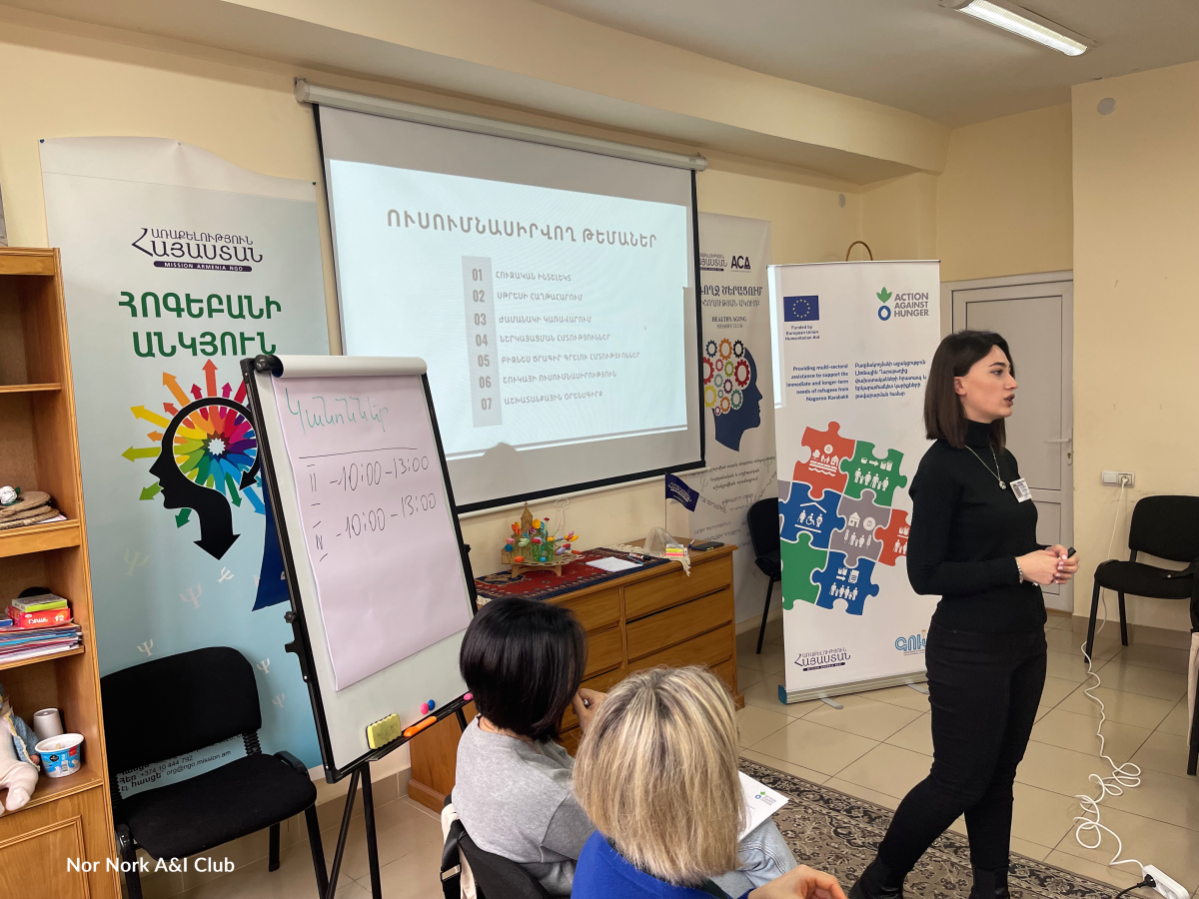
Already 138 people have joined these A&I Clubs and over a period of 4 months they will be supported by trained coaches to improve their employability and soft skills trainings and will also be offered specialised trainings and consultations to support them in their job search or in their return to education or in starting up a new business.
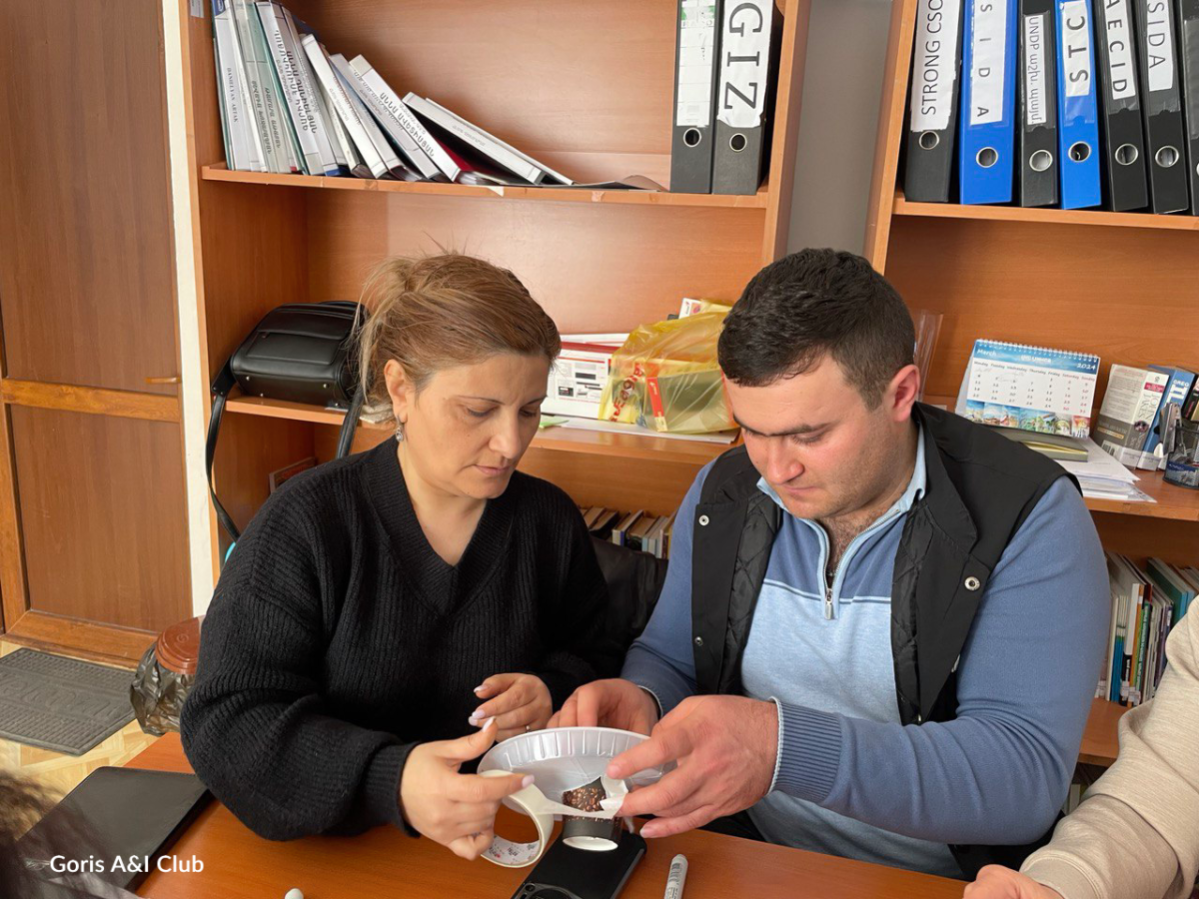
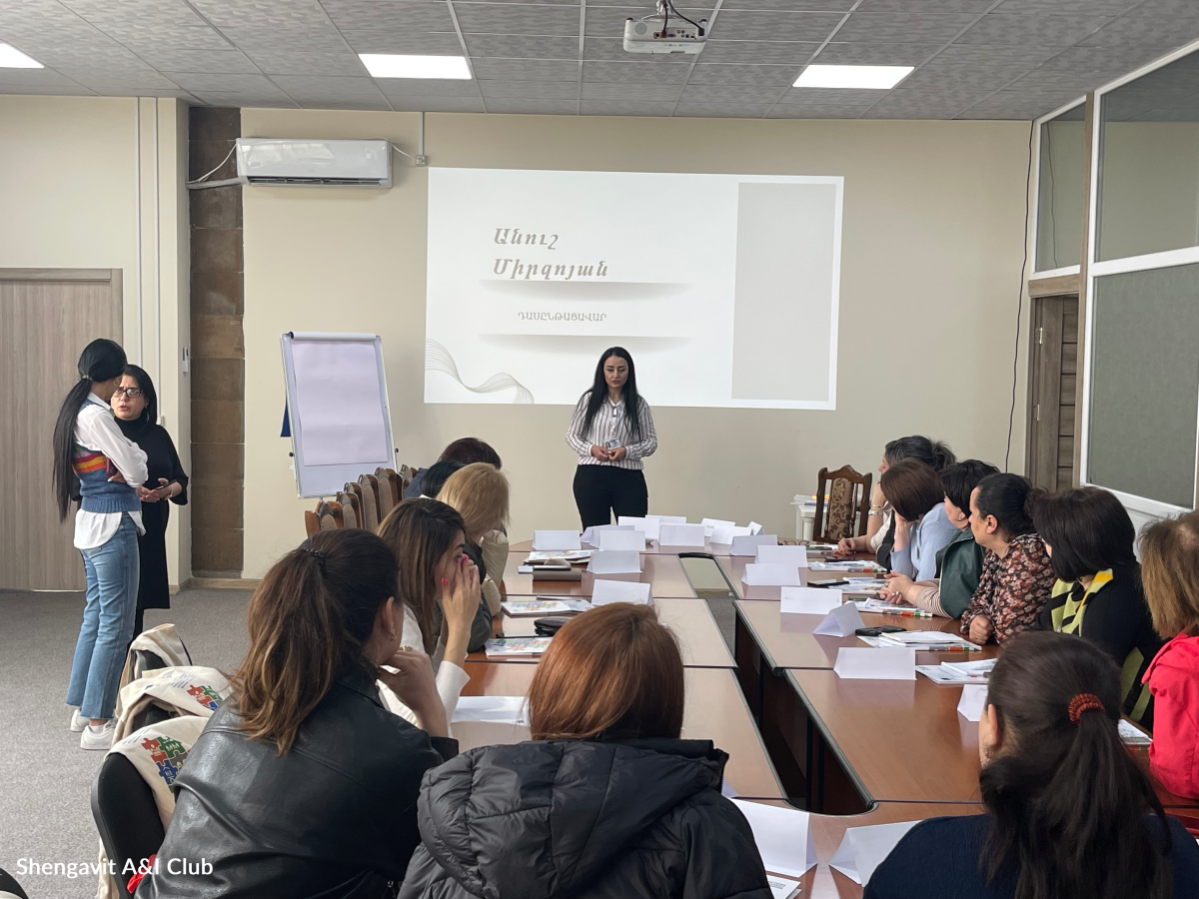
The coaches at the A&I Clubs utilize Action Against Hunger’s Shuttle Methodology, and work with participants both as a group and individually. The methodology allows participants themselves to take the lead in deciding upon the developmental areas and goals that they should concentrate on and then they work as a team to achieve these goals. The approach provides participants with a common space, peer support, empathy, solidarity, and motivation that unites the group and enables them to develop their social skills and increase their employability competences for communicating with employers.


A unique element of the approach is the engagement of ‘corporate volunteers‘ to provide first-hand information on the skills and knowledge that their companies are seeking, to provide specialized inputs and to develop relationships with interested jobseekers. In the opening sessions of the A&I Clubs the coaches solicited information from participants on the kinds of specialized support that they would like to receive. Sessions are being planned with lawyers and accountants to provide an overview of the Armenian Labor and Tax Codes, and additionally with Human Resource Specialists, Marketing Specialists and Business Planning Trainers.
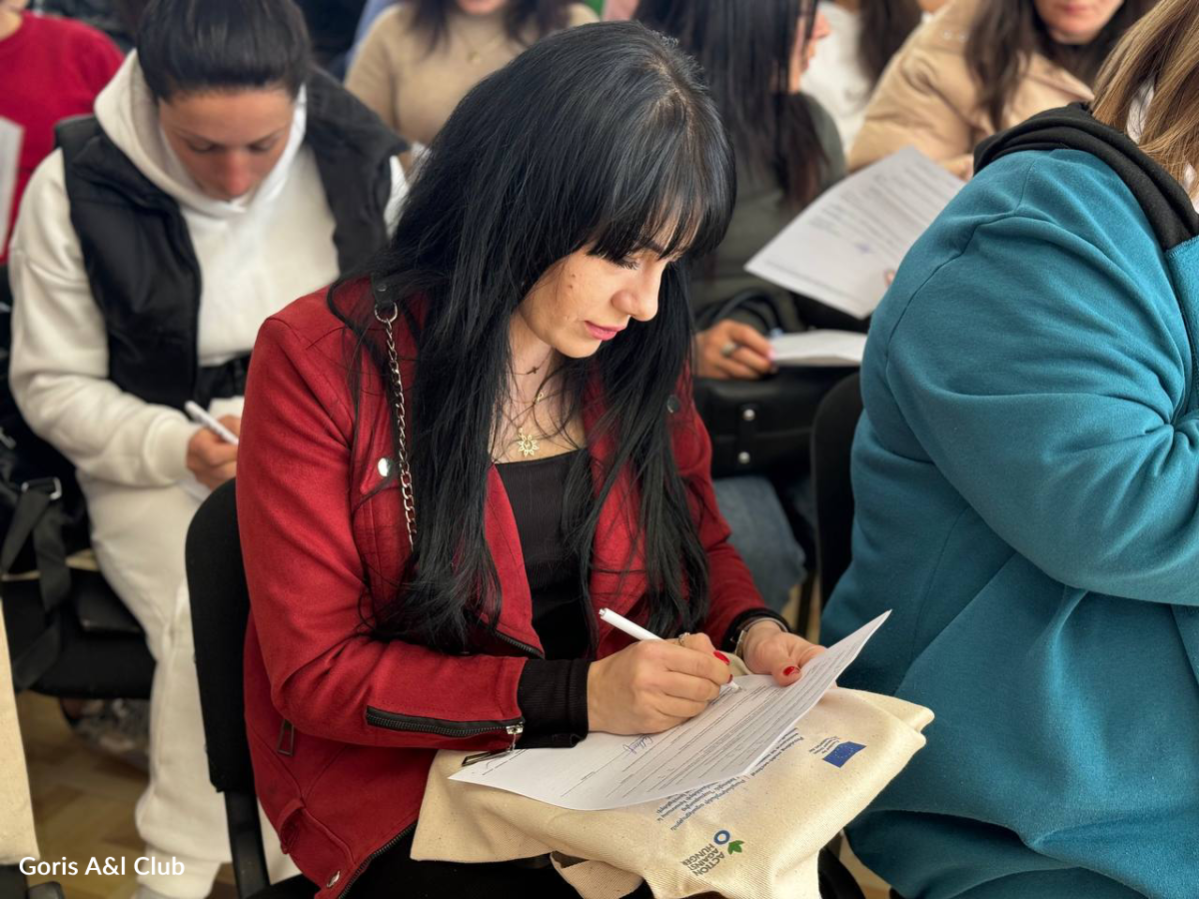
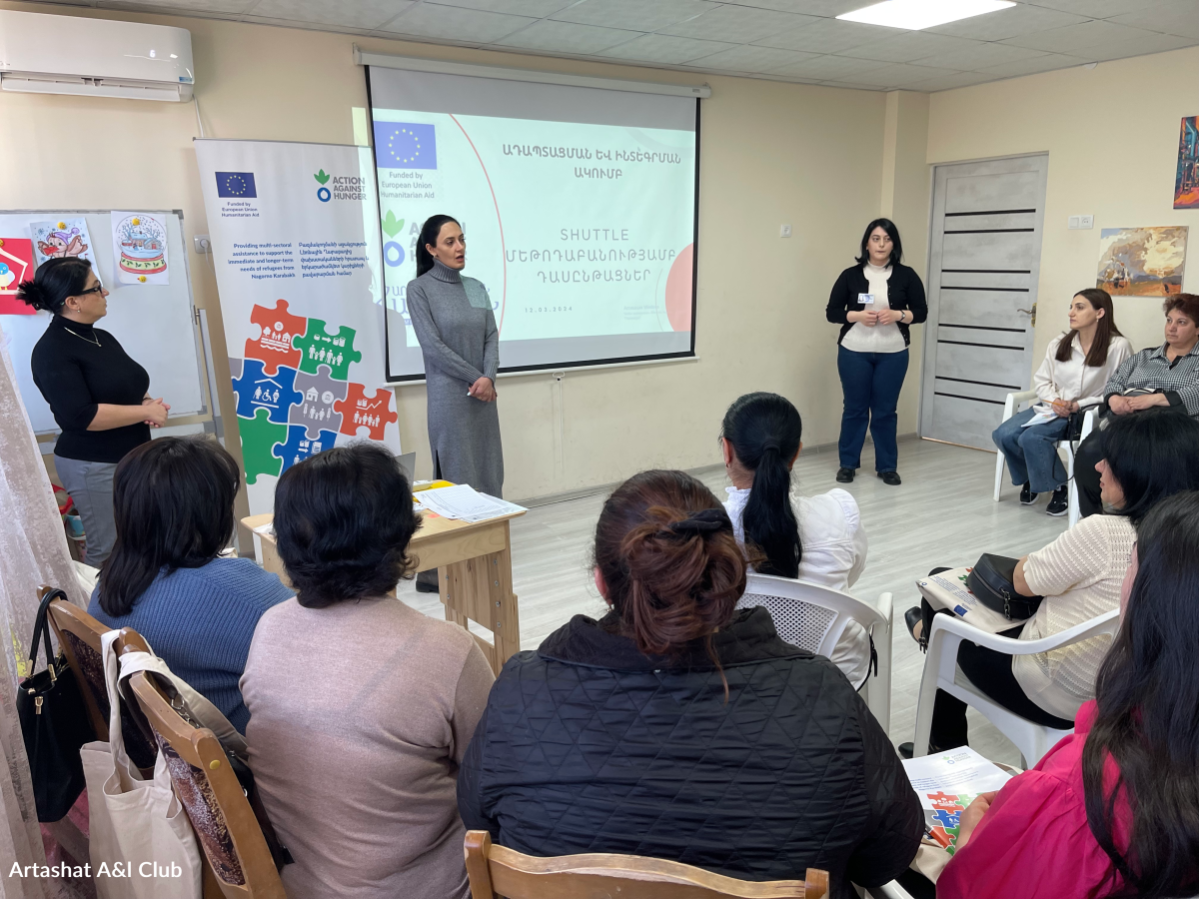
The response of beneficiaries to both the clubs and the approach has been very positive. The participants have described the opportunity as a good way to integrate both within Armenia’s labor force and society.
